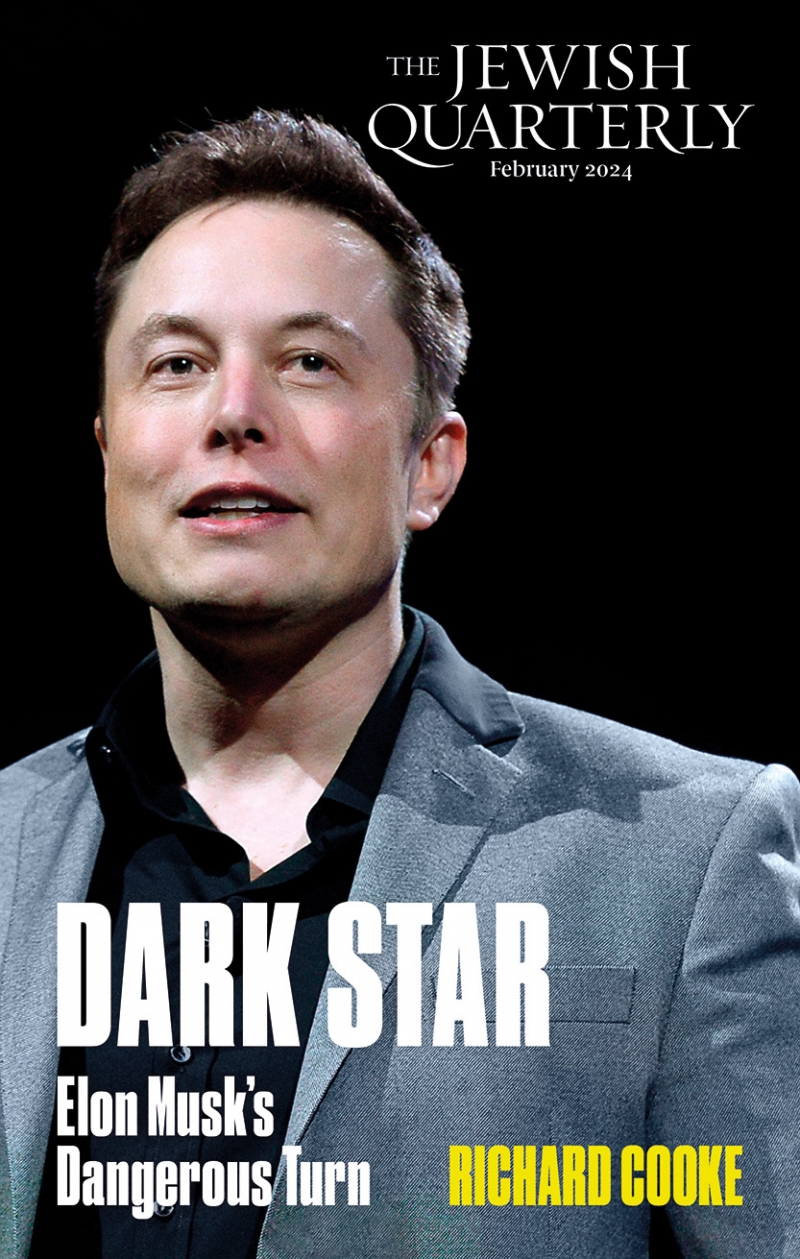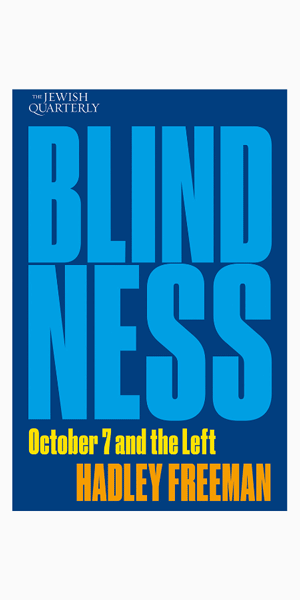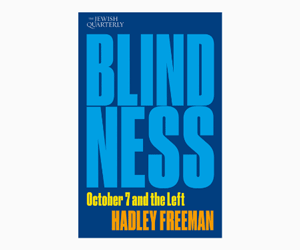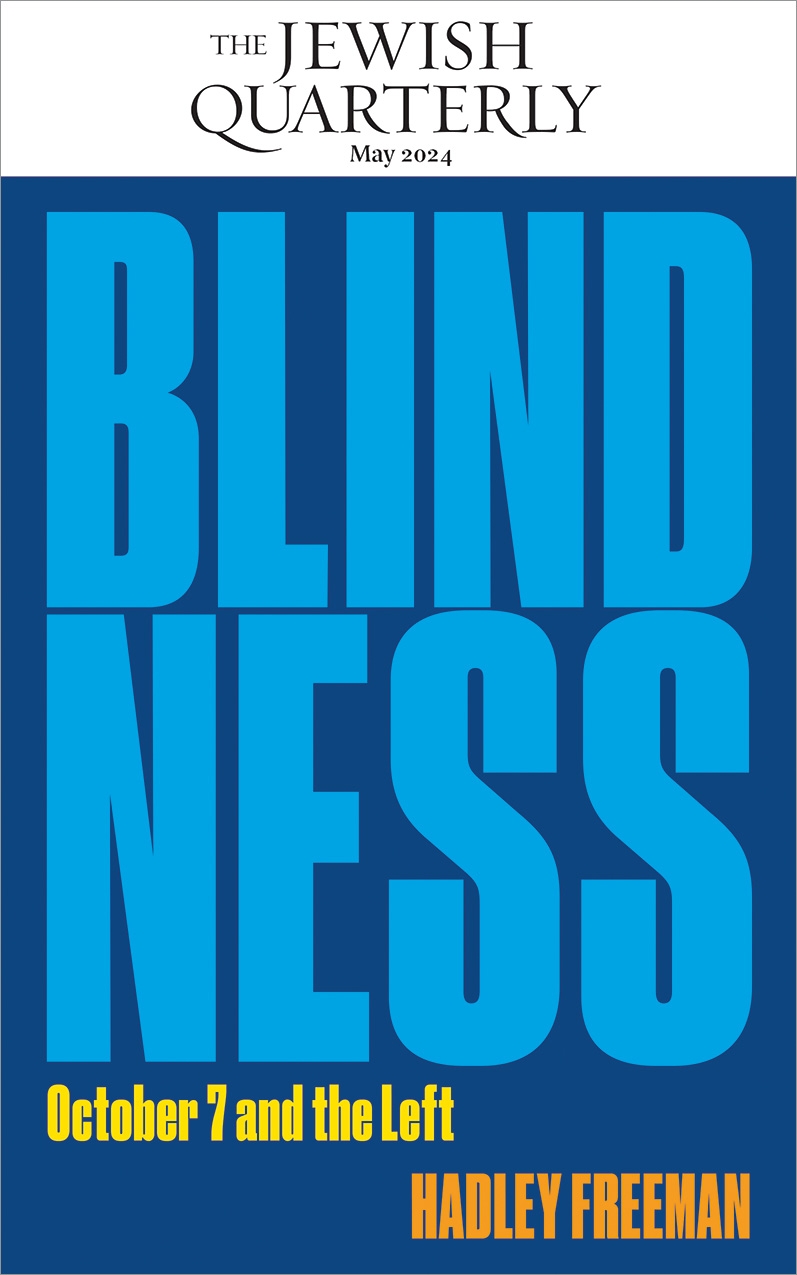Current Issue
JQ255 - February 2024Dark Star:
Elon Musk's Political Turning
"Though he is already preparing to send astronauts to the moon, Musk has been consistently underestimated, and now the danger he presents is being underestimated as well." —Richard Cooke
At first it was so unexpected: why was this humanity-loving unorthodox liberal visionary flirting with white nationalists and Holocaust deniers on Twitter? But over time, a sinister pattern emerged, making it impossible to ignore.
Dark Star explores the troubling political devolution of Elon Musk. Award-winning writer Richard Cooke looks at the transformation of the world's richest person from self-described social moderate to trolling neo-reactionary and staunch advocate for hardline US conservatives. He unearths the roots of this turning in Musk's rise to power as well as in the politics of the new "tech right" and its adoring fanbase.
The essay also investigates an urgent question: what are the consequences for free speech – and hate speech – as Musk controls and reshapes the online town square?
Sign up to receive the latest from
THE JEWISH QUARTERLY
Next Issue
JQ256 - May 2024Blindness:
October 7 and the Left
After October 7, many on the left justified, dismissed or championed acts and beliefs they would otherwise view as unconscionable. Why?
This issue of The Jewish Quarterly explores the response of the left to the Hamas attacks in Israel of October 7 and the willingness of progressives to abandon values that they purport to represent.
In this crucial essay, author and columnist Hadley Freeman examines the equivocations, contortions and hypocrisy displayed by elements of the left, including many who were unable to name, acknowledge or condemn the atrocities of Hamas.
Freeman looks at the beliefs and mindsets that have swept across sectors such as universities, politics, media and the arts, and resulted in a fervour that blinds its adherents to the realities and complexities of history and justice.
Hadley Freeman is a journalist and author. Her books include House of Glass: The Story and Secrets of a Twentieth-Century Jewish Family and Good Girls: A Story and Study of Anorexia.









